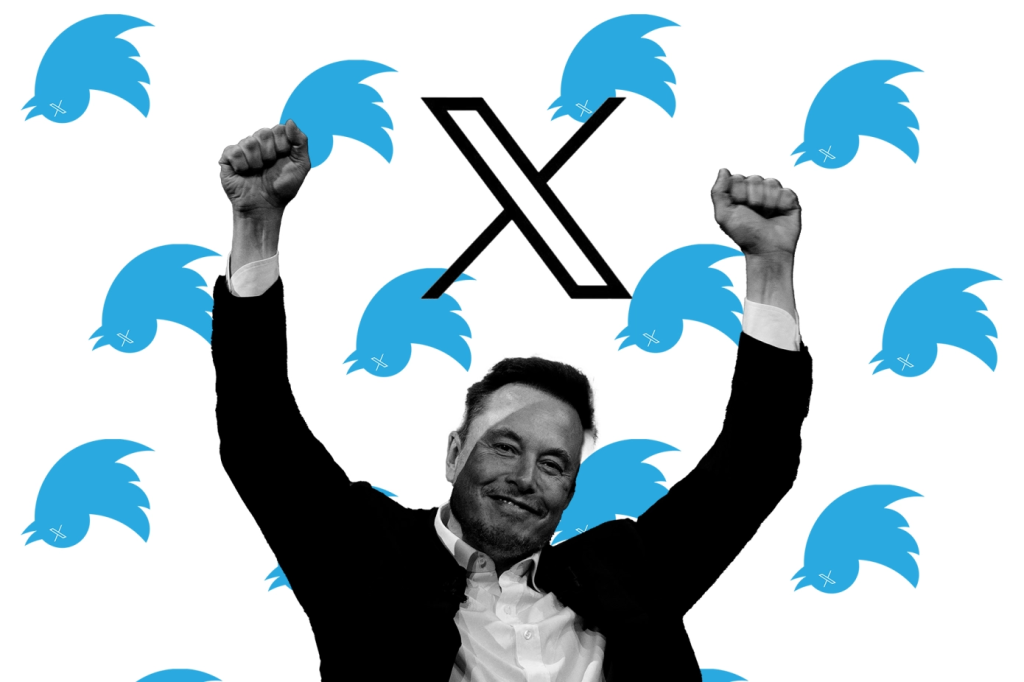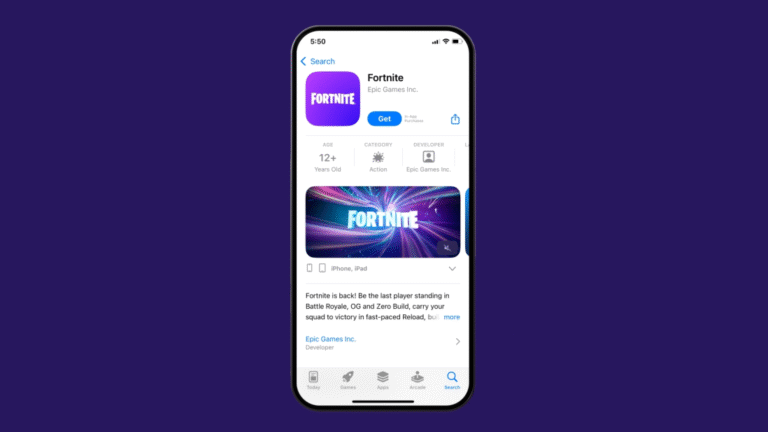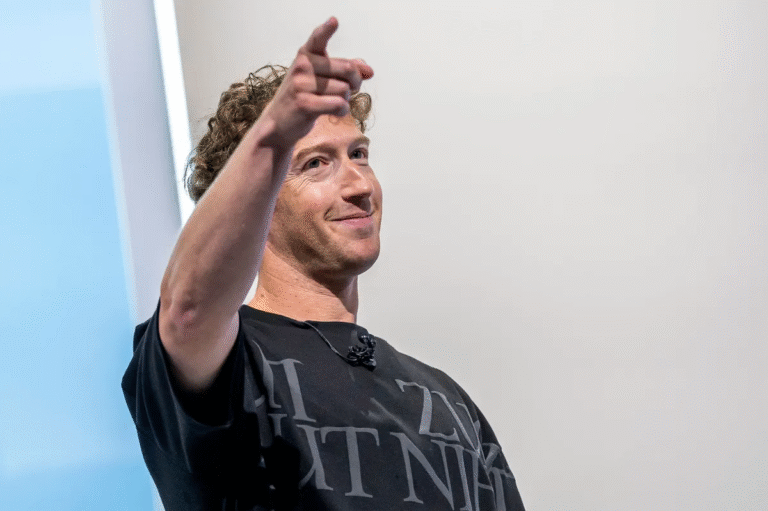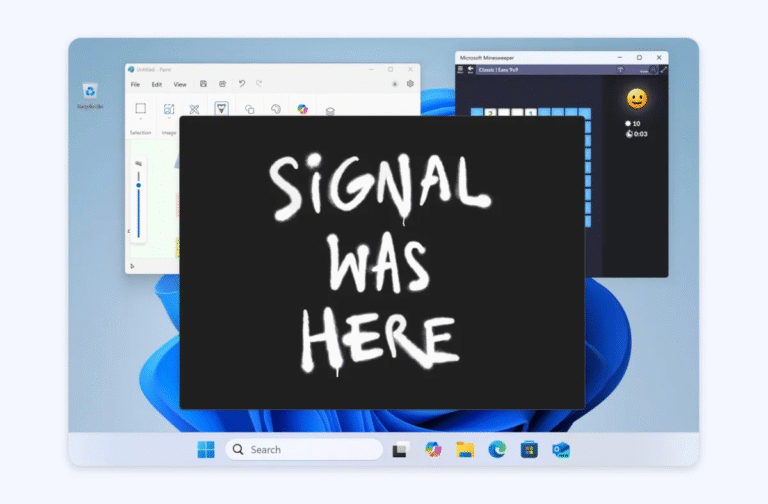Twitter’s ambitious rebranding as “X” has hit a series of stumbling blocks, leading to a chaotic rollout that left many aspects of the site in disarray. While parts of the platform were referencing the new “X” brand, other sections still displayed prompts to “search Twitter” or use the familiar blue button to “Tweet.” As if that wasn’t enough, Reuters reported that Twitter failed to secure the intellectual property rights for the “X” brand.
The rebranding process faced further challenges when Twitter attempted to remove the iconic Twitter sign from its San Francisco headquarters without obtaining the necessary permit, resulting in police intervention to halt the work. To add to the confusion, Twitter also neglected to secure the @x Twitter handle, which is owned by Gene X Hwang, co-founder of the corporate photography and videography studio Orange Photography. While the @x account is currently set to private, it is referenced by the San Francisco-based @orangephoto account, attributing the founders as “Gene X Hwang & Jack Huynh,” with the latter being Jack Huynh.
Surprisingly, Twitter has yet to make any contact with Gene X Hwang regarding the @x account he operates. Hwang stated that he would be open to discussing the handle’s transfer if Twitter were to make a reasonable offer. However, he has not set a specific price in mind, although it is worth noting that coveted Instagram handles often sell for thousands of dollars.
The rushed nature of Twitter’s rebranding to “X” was evident as their website and app still contained references to the old name, even after Elon Musk’s announcement. Despite rebranding the main @Twitter handle as “X,” the underlying handle remained @twitter, leading to user confusion and criticism.
Apart from the handling of the rebrand itself, potential legal issues have arisen due to trademark conflicts. Microsoft holds an X trademark linked to Xbox since 2003, and Meta possesses a federal trademark for a blue-and-white letter “X” since 2019. Although Meta’s trademark logo differs from Twitter’s new “X” branding, the inclusion of online social networking services within their coverage raises concerns.
Trademark attorney Josh Gerben believes there is a high likelihood that Twitter will face legal challenges over the “X” rebranding. Gerben has counted nearly 900 active U.S. trademark registrations covering “X” in various industries, making the situation potentially complicated.
Aside from legal battles, Musk’s abrupt renaming of Twitter to “X” might have an adverse impact on the brand’s value. Analysts and agencies suggest that Musk’s move could have resulted in a significant decline of $4 billion to $20 billion in Twitter’s value, eroding the value that the brand has carefully built over 15-plus years.
As the dust settles on this eventful rebranding, Twitter will need to navigate potential legal issues while restoring confidence and value to its newly christened “X” identity. The path ahead remains uncertain, but Twitter’s ability to adapt and address these challenges will be crucial in shaping the success of the “X” brand in the future.








